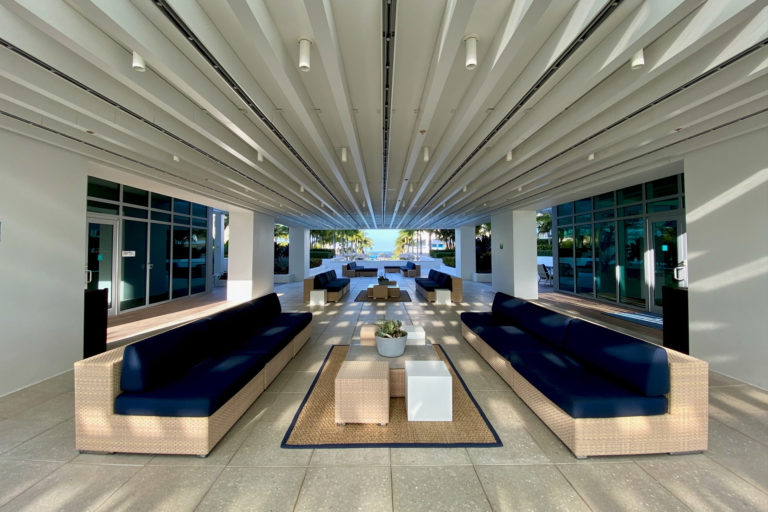
Recently, the specialized tourism medium Hosteltur raised a very interesting hotel marketing topic. In an online session entitled “Customer acquisition and loyalty strategies,” the speakers emphasized that any move in this direction must be strategic. From small rewards like discounts to large incentives like specially designed facilities for specific niches, the hotel industry faces one of its biggest challenges in recent years: using digitalization to advantage without making guests feel preyed upon.
Attendees at the event agreed that investing more resources in digital marketing is necessary in order control information that comes from various channels without relying solely on external suppliers. Companies must now make it a priority to obtain useful strategic data by their own means. In this regard, Enrique Ortiz, Head of Online Marketing at Grupo Piñero, stressed that it is important to explain to customers what you do or what you want to do with their data and why it will benefit them.
During the Berlin International Tourism Fair ITB 2022, it was confirmed once again that digital connection to the hotel market is not a trend, it’s a must. Nine out of ten bookings are made through mobile apps, recommendations obtained through Artificial Intelligence (AI) are decisive at the time of purchase, and more than 20% of European travelers prefer accommodations equipped with home automation technology. Customer profiles have already changed; hotel development cannot lag behind.
In order to anticipate guest preferences, the hotel industry must take advantage of Big Data. In a simple example, analysis of a peak season would allow us to accurately predict the need for one-off hires, plan for extra supply expenses, note the dates on which we can expect greater occupation, and develop strategic alliances to offer added value to the accommodation offer. But if you want to go a little further, Big Data will allow you to segment digital marketing campaigns to specifically impact channels of interest, either by the type of audience that uses them or by a strategic need to capture the attention of a particular niche.
An analysis of data obtained from reviews left by guests on specialized platforms and through the hotel’s own channels is also a gold mine for designing much more user-focused experiences. Obtaining guest and family profile data at check-in is also an important source of information when it comes to strategizing about personalized services and promotions.
It’s also worth analyzing the potential of specialized software such as an RMS (Revenue Management System). These systems integrate data from internal and external sources to suggest rate adjustments and make demand forecasts. For example, it has been proven that on a rainy day in their home country, a user searching for trips to the Caribbean is willing to pay more than if he were to make the same search on a sunny day. This differential factor allows the system to change the rate and adapt it to customer behavior.
When it comes to the complex world of hotel development, there are many challenges, but the technology to help you already exists. Hotel marketing can be as expansive as creativity allows, and with an investment in the adaptation of these powerful tools, hotel companies can truly tap into their full potential.



